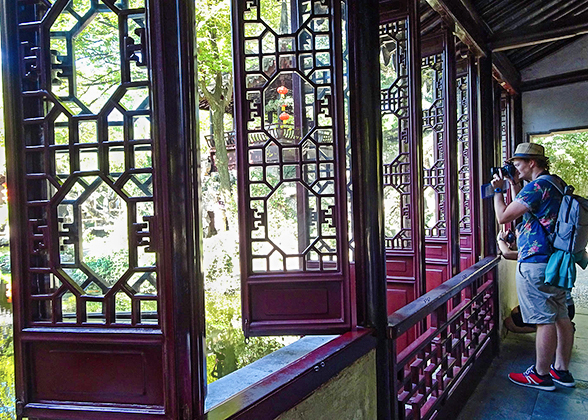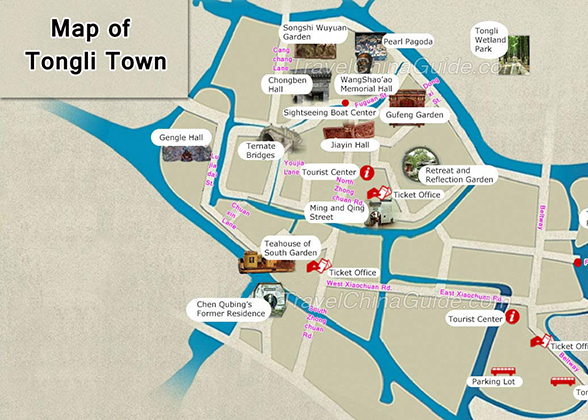Tongli Town
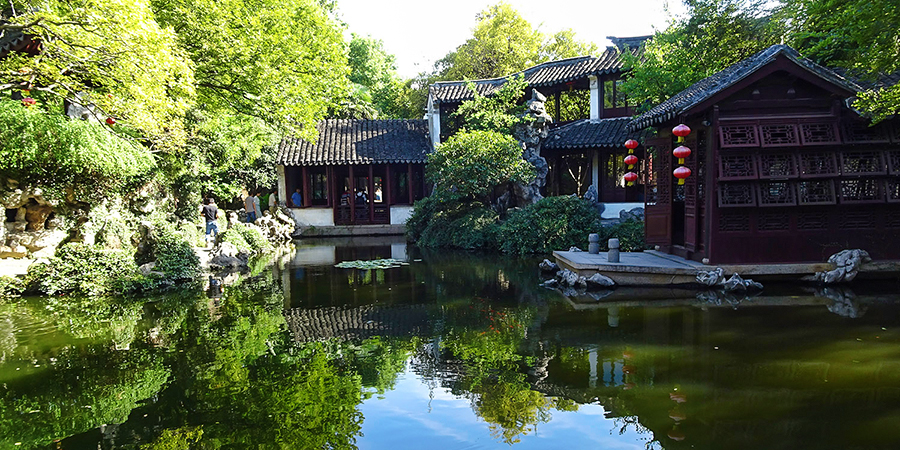 |
Cultural History
|
|
Ancient Bridges
The small and exquisite Taiping Bridge was built during the reign of emperor Jiaqing of the Qing Dynasty (1644-1911); Jili Bridge is an arch bridge and inscribed with age-old couplets describing the beautiful painting-like views at either end; Changqing Bridge, also named Guangli Bridge, was originally constructed in 1470 and rebuilt by Xiezhen in 1704. Ternate Bridges are propitious symbols in the eyes of the local residents and they walk over them for good luck during wedding or birthday parties.
The oldest bridge in the town is Reflecting Origin Bridge (Siben Bridge) which was built in the Song Dynasty (960-1279) while the smallest bridge is called Single Step (Dubu) which is only 5 feet (1.5 meters) in length and less than 3 feet (1 meter) in width. Standing motionlessly for hundreds of years, the bridges bear witness to the vicissitudes of history and remain an indispensable part of the town.
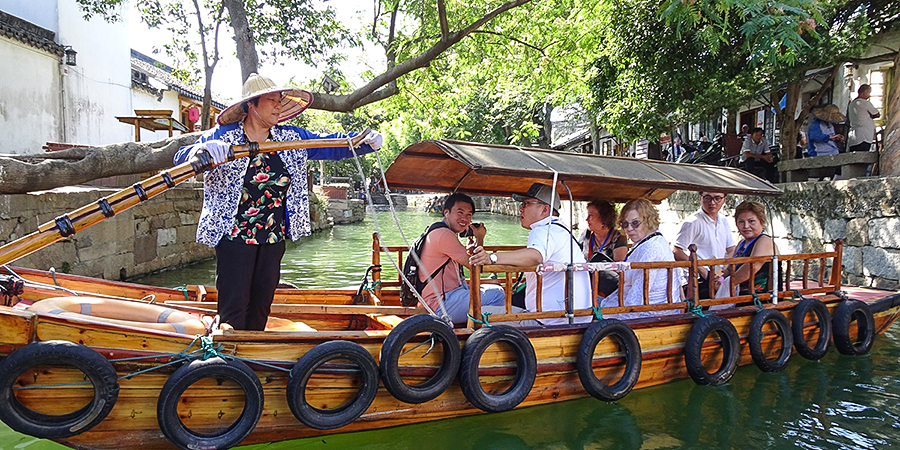 |
Residential Houses
Retreat and Reflection Garden (Tuisi Garden)
Built by the retired official Ren Lansheng from 1885 to 1887, Retreat and Reflection Garden is the most spectacular in the town. Its name is derived from an aphorism expressed in a very famous biography called Zuo Zhuan written by Zuo Qiuming in the Eastern Zhou period (770 BC-221 BC): 'Be loyal to the emperor when in officialdom; be meditative upon the previous faults while away from officialdom'. The ingenious design for the garden conforms to the local landforms and conditions and covers about 700 square meters (one fifth acre). Compact and harmonious, the garden is in two parts. The residential area in the west consists of an outer house and an inner house including the sedan hall, the tea hall, a main reception hall and two buildings forming the actual dwelling. The garden in the east has ponds, marble boats, waterside pavilions, halls, kiosks, verandas, rockeries and bridges. Together with flourishing trees and colorful flowers, the garden greets visitors with its beauty and charm whatever the season.
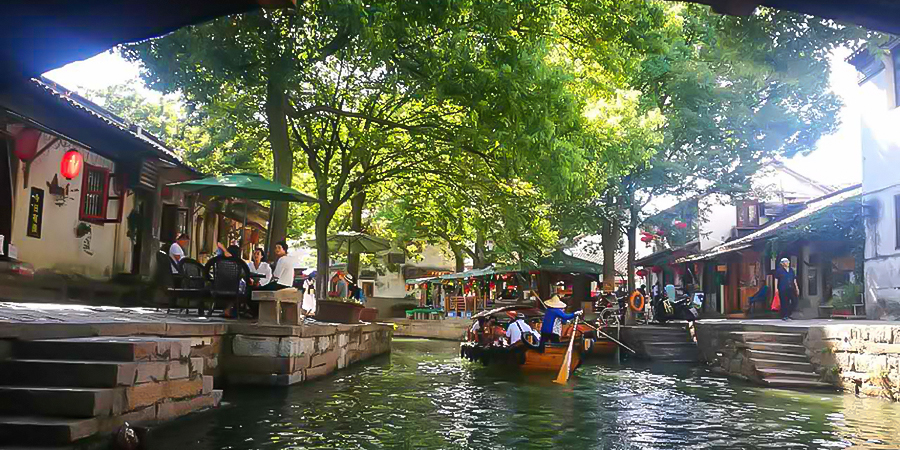 |
How to Get to Tongli from Suzhou/Shanghai/Hangzhou?
From Suzhou:
1. Take a bus from the north square of Suzhou Railway Station or from Suzhou North Bus Station/South Bus Station, at a fare of CNY 8.
2. Take Rail Transit Line 4 and get off at Tongli Station. Then transfer to Wujiang ART Demonstration Line T1 and get off at Yongli Ancient Town.
Suzhou Bus Search
From Shanghai / Hangzhou
Take a bullet train to Suzhou Railway Station, then take a direct bus there to Tongli Ancient Town.
Admission Fee & Opening Hours
| Admission Fee | CNY 80 (including 8 scenic spots and a round trip boat ticket to Luoxingzhou.) 1. Children below 4.6 feet (1.4 meters) or under 6 and seniors over 70 can enter for free. 2. Minors aged 6-18 and seniors aged 60-70 enjoy half price. 3. One can enter the town without a ticket from 17:30 to 7:30 the next morning, but cannot visit any of the scenic spots inside without a ticket. |
| Opening Hours | 08:00 - 17:15 Tourist boat: 07:30 - 16:30 to Luoxingzhou, 07:30 - 17:00 from Luoxingzhou |
| Sightseeing Car | CNY 10 per person |
